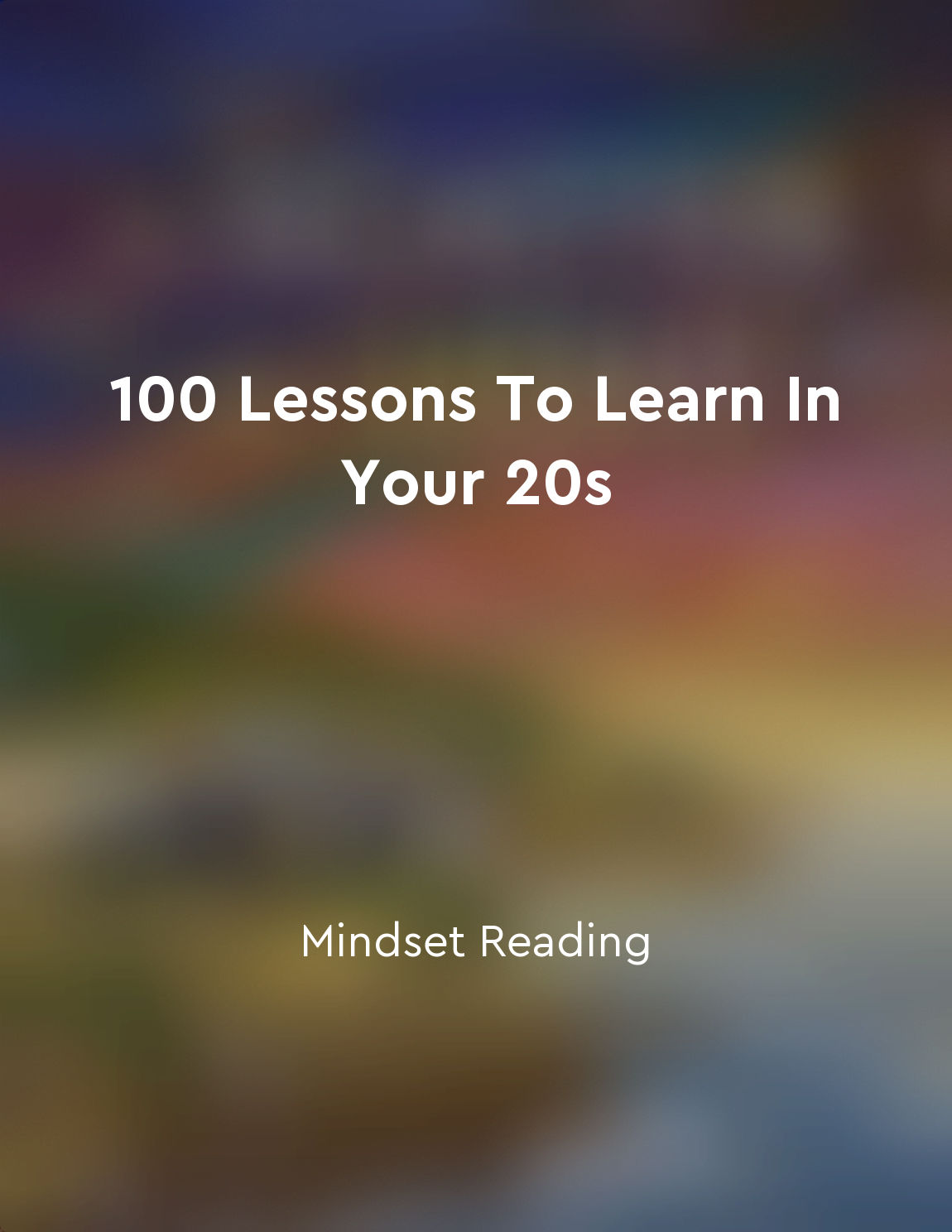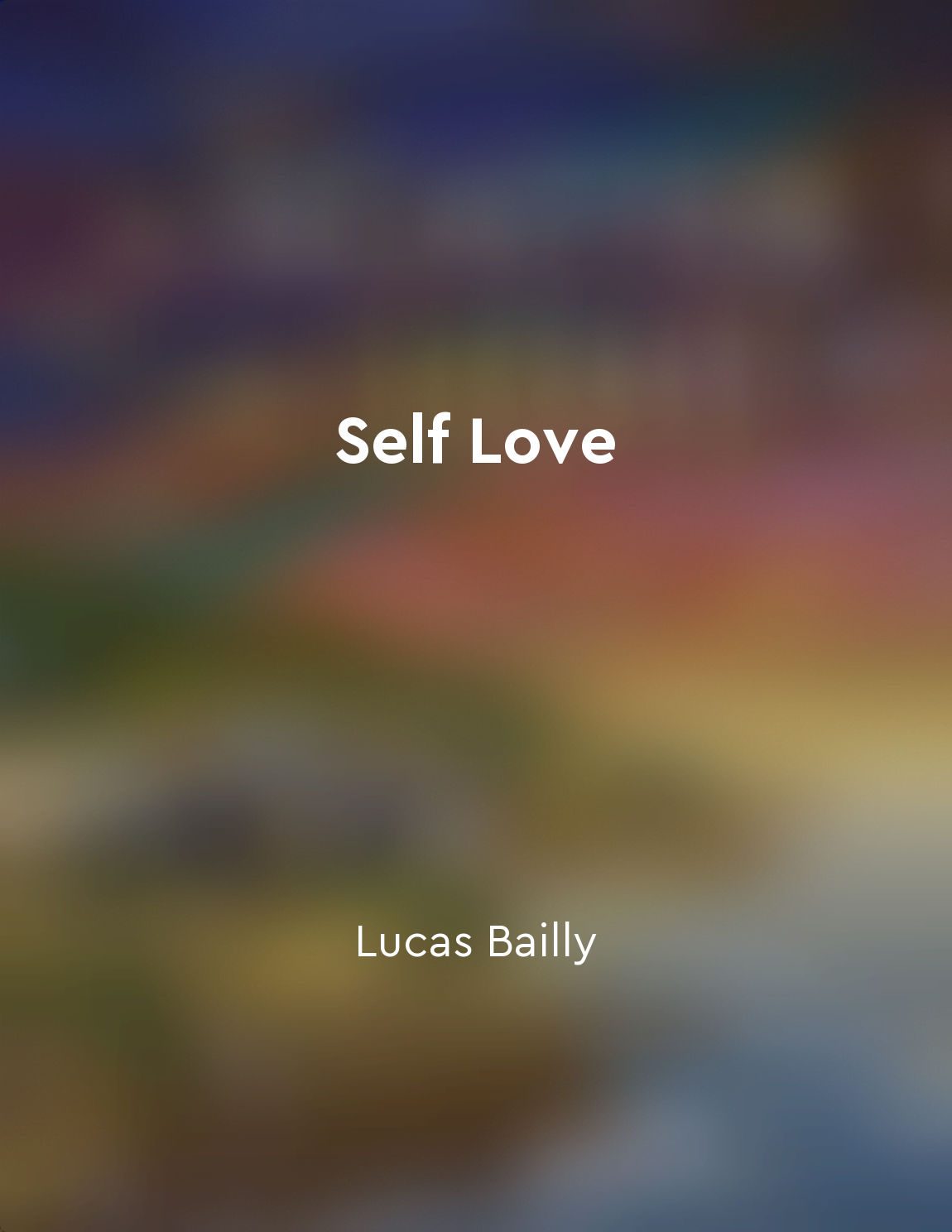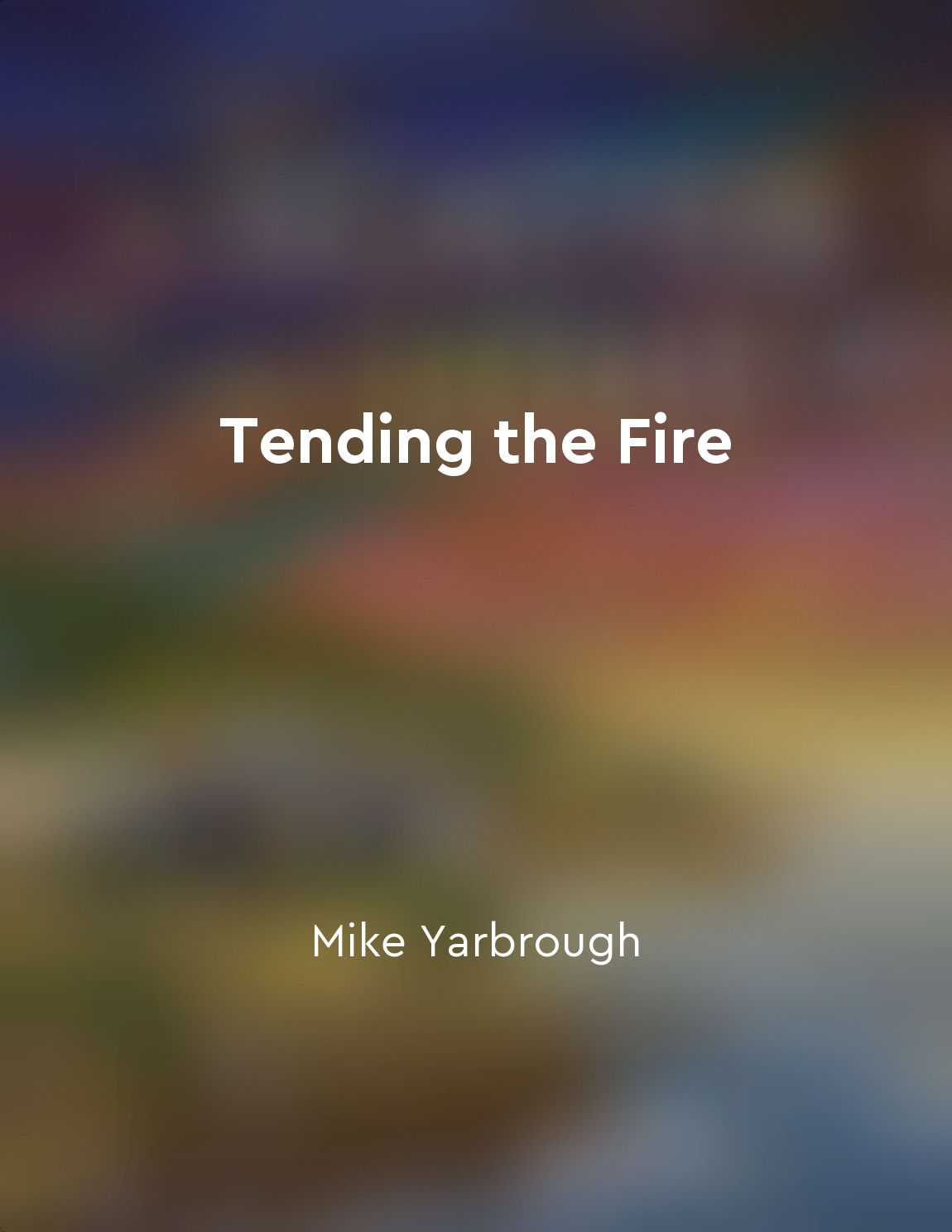Audio available in app
Reflect on past experiences to learn from anger triggers from "summary" of Beyond Anger by Thomas Harbin
Reflecting on past experiences can be a powerful way to gain insight into our anger triggers. By looking back at situations that have caused us to feel angry in the past, we can start to identify patterns and common themes that may be contributing to our anger in the present. This process requires us to be honest with ourselves and take a close look at our own behavior and reactions. When we reflect on past experiences, it is important to approach them with a sense of curiosity and openness. Instead of judging ourselves or others for what happened, we can use these experiences as opportunities to learn and grow. By examining our past reactions to anger triggers, we can start to better understand why certain situations make us feel upset, frustrated, or out of control. In order to effectively reflect on past experiences, it can be helpful to keep a journal or record of situations that have triggered our anger. By writing down what happened, how we felt, and how we responded, we can start to see patterns and trends that may be contributing to our feelings of anger. This can also help us to identify any underlying beliefs or assumptions that are fueling our anger and causing us to react in certain ways. Reflecting on past experiences can also help us to develop greater self-awareness and emotional intelligence. By examining our past reactions to anger triggers, we can start to see how our emotions influence our thoughts and actions. This can help us to develop healthier coping mechanisms and more constructive ways of expressing our feelings. It can also help us to become more mindful of our emotions and better able to regulate our responses to anger triggers in the future.- Reflecting on past experiences can be a valuable tool for learning from our anger triggers. By examining our past reactions and exploring the underlying causes of our anger, we can start to gain insight into our emotions and develop healthier ways of responding to challenging situations. This process requires honesty, openness, and a willingness to learn from our experiences in order to grow and change.
Similar Posts
Implementing decisionmaking processes is essential
The process of decision-making is a critical aspect of managerial roles, influencing the success and effectiveness of an organi...

Trust the process and stay patient
Trusting the process and staying patient are two key components of achieving success in any endeavor. It's easy to get caught u...

Surround yourself with positive influences
Surrounding yourself with positive influences is crucial in cultivating self-love. These influences can come from various sourc...
Prioritizing mental health and wellbeing is essential for happiness at work
In today's fast-paced and competitive work environment, it is easy to become consumed by the demands of the job. Oftentimes, em...

Practice selfacceptance and self-love
Self-acceptance and self-love are vital aspects of personal growth and well-being. Embracing ourselves with kindness and compas...
Celebrate milestones and achievements
Celebrating milestones and achievements is a crucial aspect of any healthy relationship. It is a way to acknowledge and honor t...
Incorporate rituals and routines that bring meaning and structure to your days
One way to add depth and purpose to your daily life is by establishing rituals and routines that hold personal significance. Th...
Stay true to yourself and your values
Remaining true to yourself and your values is a fundamental aspect of leading a fulfilling and authentic life. It involves stay...
The past has a way of influencing the present
The events of the past, though they may seem distant and forgotten, have a peculiar way of creeping into our present lives, sha...
Understand your emotions to navigate life effectively
To live life effectively, it is crucial to navigate your emotions. Understanding your emotions can help you make important deci...


